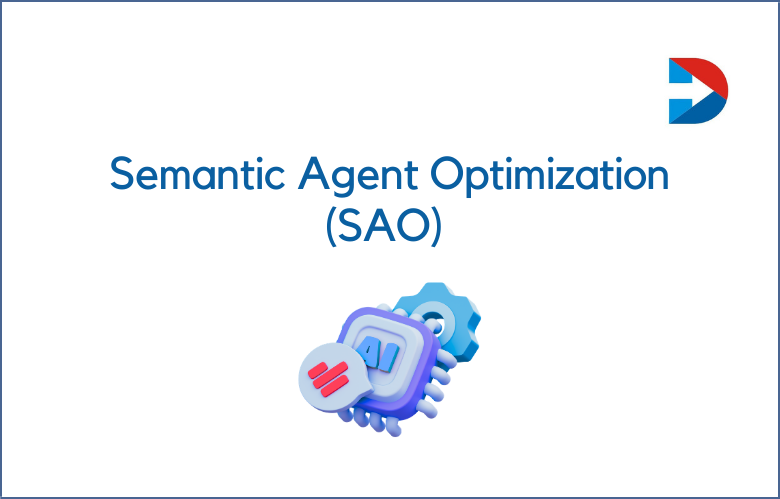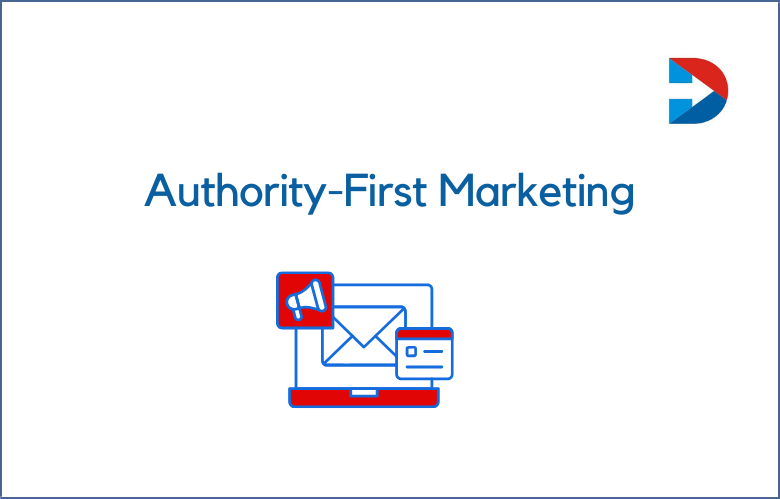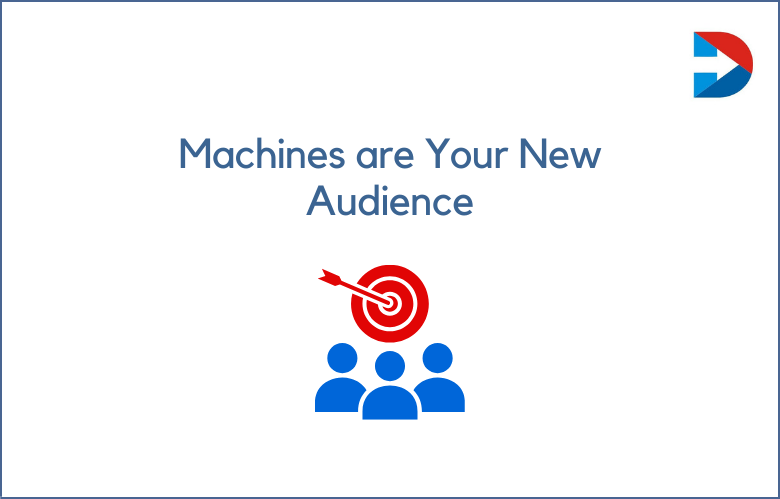
Public opinion research is a tool for measuring the views and perspectives of a given population. It plays a crucial role in shaping political decisions, marketing strategies, and various other sectors of society.
Public opinion polling surveys are conducted using several methods, primarily sampling techniques and data analysis.
Understanding the basics of public opinion research can provide a wealth of information for government agencies, non-profit organizations, and businesses.
This article will provide a comprehensive guide to public opinion research focusing on surveys and exploring the methodology and best practices.
What is Public Opinion Research?
Public opinion research involves investigating and analyzing a specific group of individuals’ attitudes, beliefs, and views, typically a sample of the population.
The goal is to determine how people perceive specific issues and how their opinions affect their thoughts and behaviors.
Public opinion research can be used for various purposes, including providing insight into political campaigns and public policy, shaping advertising strategies, and analyzing market trends.
Why Public Opinion Research Matters: Understanding Society’s Views.
Public opinion research is critical to modern societies, providing insight into how individuals feel about political and social issues.
Polling data can inform politicians, policymakers, and journalists about the population’s sentiments, influencing decisions that can alter the direction of our nation.
However, public opinion research goes beyond politics, affecting how companies market their products and brands in a competitive landscape. This article explores the importance of public opinion research and how its findings affect society.
The Role of Public Opinion Research in Elections.
In a democratic society, public opinion research plays a crucial role in elections. Candidates and their campaigns develop strategies based on the polling data they receive, allowing them to target the most critical issues to the voters.
With public opinion research, candidates can gauge society’s concerns accurately. Polling data can determine which platforms resonate with voters and which messages fall flat.
Moreover, polling data also assist political parties in framing the debate, ensuring that critical issues are discussed during the election cycle.
The Importance of Tracking Public Opinion Over Time.
Public opinion research is essential during election cycles and critical in tracking social, political, and economic trends.
Polls can measure changes in public opinion to policy decisions, cultural shifts, and socio-economic trends. For example, public opinion research can explore the attitudes of a population towards climate change and the role of government in mitigating its impacts.
Tracking public opinion over time can illustrate the success of government policies or societal interventions in addressing pressing concerns.
Public Opinion Research and Marketing.
Public opinion research also plays a vital role in assisting businesses to market their products and services effectively.
Polling data can inform companies about consumers’ attitudes toward specific brands and products, allowing them to adjust their marketing strategies effectively.
Public opinion research can also help companies identify gaps in the market where their products or services can fill specific needs. Ultimately, polling data can lead to more effective marketing campaigns that resonate with the intended audience.
Limitations of Public Opinion Research.
While public opinion research is essential, it does have its limitations. Polls can be influenced by sample bias, where certain sections of the population are overrepresented, skewing the results.
Moreover, polling data can be affected by the questions asked and the context in which they are framed. Public opinion research is not a perfect science, and it is crucial to acknowledge its limitations and potential biases to make well-informed decisions.
The Future of Public Opinion Research.
As technology advances, the methods used for public opinion research will also change. Polling is no longer restricted to landlines and face-to-face interviews, and now it is possible to conduct online surveys and use artificial intelligence to analyze the data.
The use of AI in public opinion research can assess the data faster and more accurate, providing policymakers and analysts with more timely information.
The continued evolution of public opinion research will help ensure that we better understand how society views critical issues.
Understanding the Importance of Public Opinion Research
Public opinion research is critical for many industries, including government, politics, and business.
It helps decision-makers understand what people think, feel, and believe about various topics, including policies, products, services, etc.
In today’s fast-paced and ever-changing world, the need to explore public opinion is more significant than ever before. We will explore the importance of public opinion research and how it affects our daily lives.
Methodology
Surveys are the most widely used method in public opinion research. Surveys can be categorized according to their mode of delivery, including phone, online, and mail.
Another critical criterion is the type of sampling method, which determines how the survey sample is selected.
Some standard sampling techniques include probability and non-probability sampling methods.
Probability sampling involves selecting a sample from a specific population using statistical techniques. Conversely, non-probability selection involves selecting participants based on availability, convenience, or other non-random criteria.
Best practices
When conducting a public opinion survey, several best practices must be remembered. One critical consideration is designing clear and concise questions that are easy for respondents to understand.
The length and complexity of questions can negatively affect survey response rates, decreasing the sample’s representativeness. Another best practice is ensuring the anonymity of survey respondents, which can increase the likelihood of truthful and honest responses.
Data Analysis
Once the data has been collected, it must be analyzed to determine the overall trends and attitudes of the population.
Data analysis can use statistical software, such as SPSS, R, and Excel, to crunch the numbers and identify patterns. Researchers should carefully analyze their data to ensure their findings are valid, reliable, and statistically significant.
Public opinion research must be ethical and scientifically sound to ensure that its results accurately represent the attitudes and beliefs of the studied population.
Conclusion:
Public opinion research is a crucial tool for understanding the attitudes and beliefs of the population. Surveys are the most commonly used method and can provide valuable information for political campaigns, public policy analysis, and marketing strategies.
Proper methodology, best practices, and data analysis techniques are essential to ensuring the integrity and accuracy of public opinion research.
By following these guidelines, researchers can gain valuable insights into the views and perspectives of the population and use this information to shape future decisions and policies.



